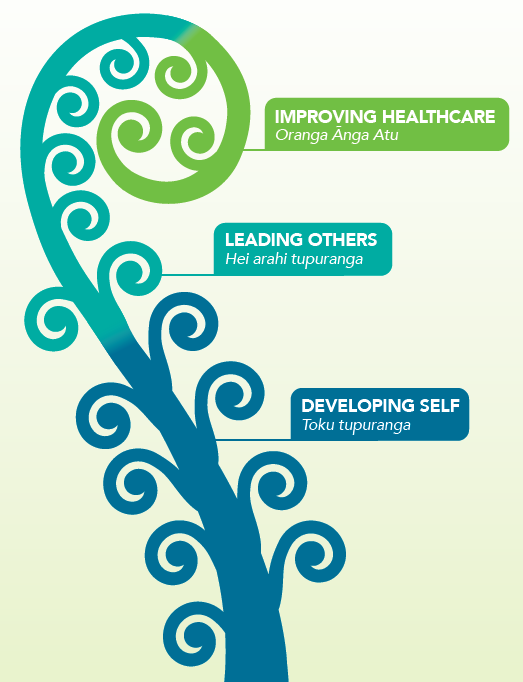Participants: Registered Nurse, Occupational Therapist or Social Worker
Duration:
About this course
The education package is focused on improving the knowledge and skills of clinicians in the area of secure care environment like Forensics. This training will however have relevance to other areas of mental health and addiction services within Waitemata Health New Zealand.
- Increase understanding of Trauma Informed Care
- Incorporate principles of trauma informed care into practice with service users To identify the range of neurodiversity
- Apply knowledge into professional practice with service users
- Gain a greater understanding of the experience of people who are neuro-diverse.
Please note: Prior to signing up to attend this course please ensure you have discussed with your manager and gained approval to attend so that appropriate measures are taken to manage staff cover in your absence from your role.
The overall aim of this course:
To develop/update/up-skill nurses (and other health professionals on clinical violence, risk assessment, safety planning, and risk management skills in the Forensic Mental Health setting.Workshop learning goals:
- To be able to carry out a clinical violence risk assessment.
- To be able to integrate this information into a safety management plan
Hours: 8 hours
Intended audience: All Forensic Clinical Staff
Prerequisites: To complete this training clinicians must have completed the Challenging Incidents 1 Day Training.
Duration: 2 days - 16 hours
About this course
Restraint of a service user is an intervention that requires a clinical rationale, and is regarded as the last intervention when all other clinical interventions or calming/defusing strategies have not worked.Restraint is a short term technique used to manage, rather than modify, behaviour, and is used in a nonaversive manner that is, in ways that minimise distress, pain, or any sense of being penalised, in the person whose behaviour is being managed.
Aims include:
- All clinical and non-clinical staff will learn break away techniques when faced with challenging situations.
- All clinical staff will demonstrate the calming and restraint techniques and procedures consistently.
- That injury (physical and emotional) to Service Users and staff is minimised.
- Explain risks associated with calming and restraint and strategies to minimise them.
Participants: all clinical staff, community staff and non-clinical staff at Mason Clinic
Duration: 8 hours
About this course
Restraint of a service user is an intervention that requires a clinical rationale, and is regarded as the last intervention when all other clinical interventions or calming/defusing strategies have not worked.
Restraint is a short term technique used to manage, rather than modify, behaviour, and is used in a nonaversive manner that is, in ways that minimise distress, pain, or any sense of being penalised, in the person whose behaviour is being managed.
Aims include:
- All clinical and non-clinical staff will learn break away techniques when faced with challenging situations.
- All clinical staff will demonstrate the calming and restraint techniques and procedures consistently.
- That injury (physical and emotional) to Service Users and staff is minimised.
- Explain risks associated with calming and restraint and strategies to minimise them.
Intended audience: Nurses who Charge Nurse Managers identify as having skills appropriate to coordinate shifts within the inpatient setting.
Duration: 2.5 hours
About this course
The content of this workshop incorporates leadership skills, understanding team dynamics, accountability, and delegation, clarifying roles and responsibilities and critical thinking
